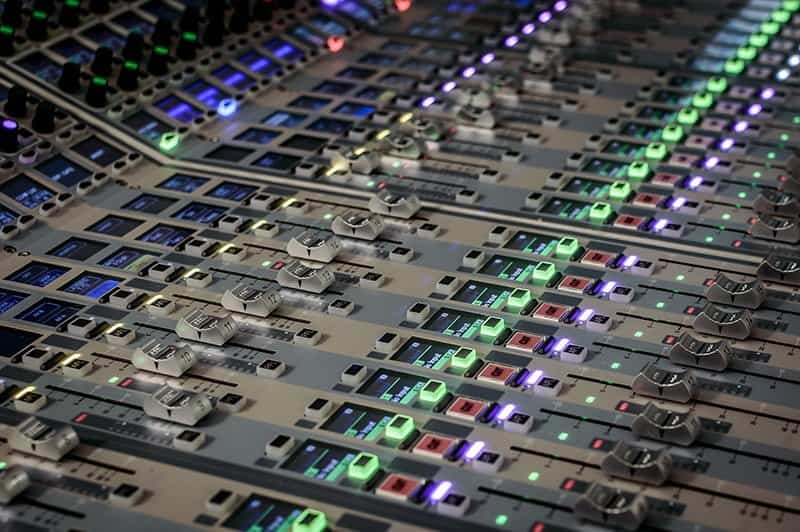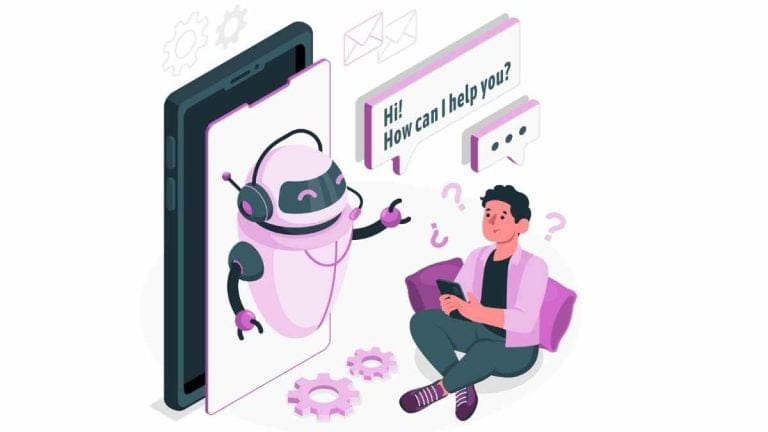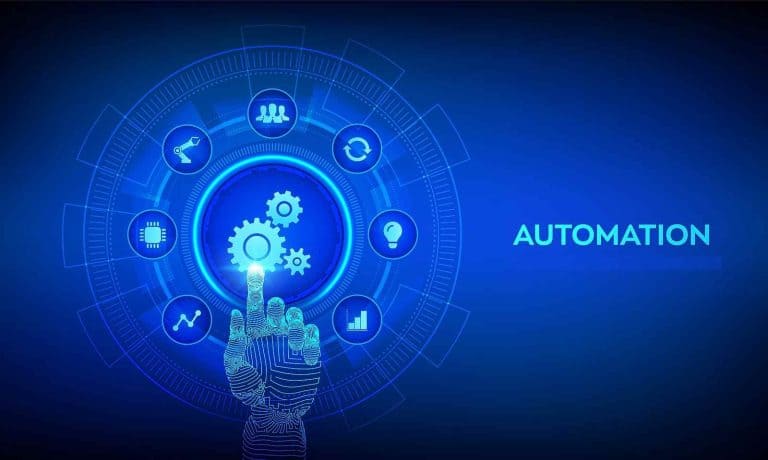Using Artificial Intelligence to compose music is somewhat controversial, as music is both creative and emotional. It is one of the ways that we can express ourselves as human beings. No one could listen to Jupiter by Holst, or Clair de Lune by Debussy and not be moved by the depth of feeling that goes into these tunes; however, AI is become increasingly engrained, both into the production process of music, and the composition side. AI is a firm part of our world. How is it shaping the music that we listen to now and in the future?
Table of Contents
ToggleReducing music to mathematical patterns
The argument for including Artificial Intelligence into the process for creative music is substantial. For what is music, but a series of mathematical patterns based on sound. Using the Western notation system, we divide the scale into 12 semitones, all with an equal space between them in pitch. The pattern then repeats itself over and again, moving higher up, but with the same notes. There are some sounds that are pleasant to our ears, for instance, notes that are a major third or fifth apart. There are also sounds that are unpleasant, or dissonant, for instance notes that are a major seventh apart. These rules are easily programmable into a computer, and set as rules and parameters of composition.
AI using algorithms
Using a simple algorithm to identify and write a chord progression is an easy start. Use technical audio equipment to record your chord sequence, and then transfer this information to your software, to analyze the harmonic intervals. One thing that it is worth considering is how many songs are made up from the same chord progressions. Although music is a very personal, creative process, it can’t be denied that a lot of music uses many of the same patterns and chords – this is why mashups are so popular, and good DJs can successfully move seamlessly between one song and the next. For instance Don’t Stop Believin’ by Journey has the same chord sequence as Beautiful by James Blunt, and at least 71 other popular songs. So why shouldn’t AI be able to utilize the same chords as we compose with?
The emergence of Flow Machines
The answer is that Artificial Intelligence is already soaring ahead with the creative process of writing music. The research program known as Flow Machines was formed by Sony Computer Science Laboratories – it uses algorithms solely to create music. The software analyzed 13,000 songs to gain information about musical intervals, progressions and harmonic sequences. Using this information then, a 15 track album was produced and marketed. You may have even heard it – it is certainly not dissimilar to electronica music from the 1970s.
From here on in, Artificial Intelligence is going to continue to shape the musical industry. The odds are that it won’t be long before we’re listening to pop music regularly that is entirely created by AI, and we probably won’t know the difference.
Photo by Steve Harvey on Unsplash
Summary:
How Is Artificial Intelligence Shaping Music?
The argument for including Artificial Intelligence into the process for creative music is substantial. For what is music, but a series of mathematical patterns based on sound. Using the Western notation system, we divide the scale into 12 semitones, all with an equal space between them in pitch. The pattern then repeats itself over and again, moving higher up, but with the same notes. There are some sounds that are pleasant to our ears, for instance, notes that are a major third or fifth apart. There are also sounds that are unpleasant, or dissonant, for instance notes that are a major seventh apart. These rules are easily programmable into a computer, and set as rules and parameters of composition. Using a simple algorithm to identify and write a chord progression is an easy start. Use technical audio equipment to record your chord sequence, and then transfer this information to your software, to analyze the harmonic intervals.





